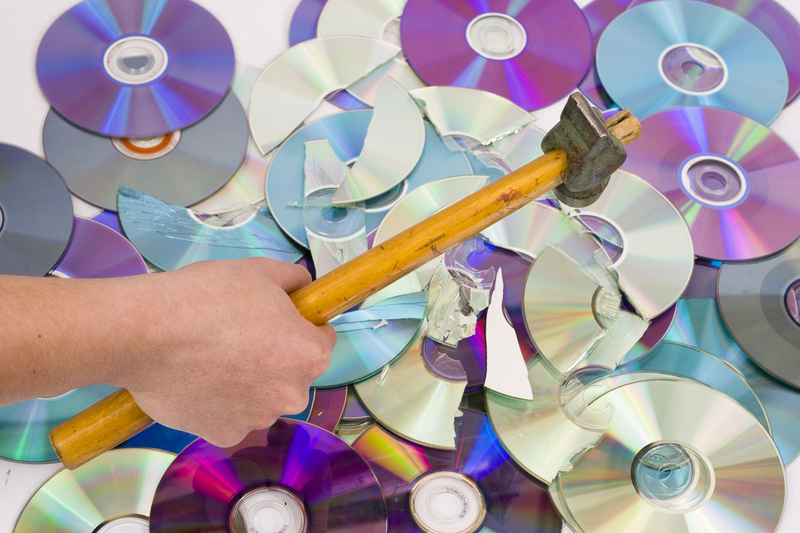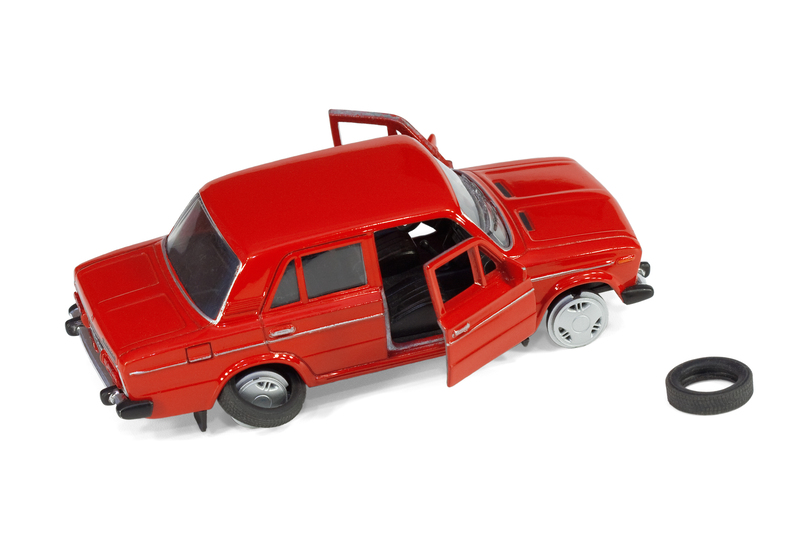Minimizing Harm with Smart PPE Waste Disposal Choices
The increased use of personal protective equipment (PPE)--from masks and gloves to face shields and gowns--has become a critical defense against infectious diseases and workplace hazards. However, this protective barrier comes at a significant environmental cost if not managed responsibly. This in-depth guide will explore how adopting smart PPE waste disposal strategies can dramatically reduce harm to public health, the ecosystem, and communities worldwide.

Understanding the Impact of PPE Waste
PPE waste, especially since the onset of the global pandemic, has skyrocketed. Consider the following:
- An estimated 129 billion face masks and 65 billion gloves are used globally every single month.
- Much of this PPE is single-use and made from non-biodegradable plastics.
- PPE litter has been reported in oceans, rivers, parks, streets, posing threats to wildlife and the environment.
Improper disposal practices--such as tossing used masks on the street or mixing contaminated PPE with regular waste--exacerbate these impacts, leading to:
- Pollution of land and water bodies
- Entrapment and ingestion hazards for wildlife
- Spread of infectious diseases
- Strain on waste management systems
These realities highlight the urgent need for smart PPE waste disposal choices to minimize harm on all fronts.
What Are Smart PPE Waste Disposal Choices?
Smart PPE waste disposal involves:
- Reducing unnecessary PPE usage
- Reusing PPE where safe and feasible
- Recycling and safely processing PPE waste
- Encouraging proper segregation and disposal to minimize cross-contamination and environmental impact
Key Principles of Smart PPE Waste Management
- Responsible Consumption: Use PPE only when necessary and opt for reusable types if possible.
- Safe Segregation: Separate contaminated PPE from regular waste to prevent disease transmission and facilitate correct treatment.
- Proper Collection and Disposal: Utilize clearly marked bins specifically designated for PPE waste.
- Adoption of Eco-Friendly Alternatives: Choose biodegradable, reusable, or recyclable PPE products whenever available.
By embracing these principles, organizations and individuals alike play a vital role in minimizing PPE waste harm.
The Environmental Toll of Irresponsible PPE Waste Disposal
Irresponsible disposal of PPE such as masks and gloves has severe environmental consequences:
- Plastic Pollution: Most single-use PPE is made from synthetic materials like polypropylene. These plastics can take hundreds of years to degrade, leaching harmful chemicals and microplastics into soil and water.
- Threats to Wildlife: Animals can mistake PPE for food, or become entangled by masks and gloves. This causes injury, starvation, and even death.
- Soil and Water Contamination: Decomposing PPE releases microplastics and other pollutants into the environment, disrupting ecosystems and potentially entering the food chain.
- Flood and Drain Blockages: Littered PPE can block storm drains and sewage systems, contributing to urban flooding and waterborne diseases.
Therefore, minimizing harm with smart PPE disposal strategies is crucial not only for immediate public health but also for long-term environmental sustainability.
Smart PPE Waste Disposal: Practical Choices for Individuals
1. Segregate Used PPE Properly
- Always dispose of used PPE in designated bins marked 'PPE Waste' or 'Hazardous Waste'.
- Do not mix used masks, gloves, or face shields with recyclables or compostables.
- If dedicated PPE disposal bins are unavailable, double-bag used PPE in a sealed plastic bag before disposing with municipal waste. Clearly label the bag if possible.
2. Reduce and Reuse Where Feasible
- Switch to reusable cloth masks or face shields that can be washed and sanitized safely.
- Reserve single-use PPE for high-risk situations or frontline medical use.
3. Encourage Household and Workplace Awareness
- Educate family members, coworkers, and community groups about the importance of correct PPE waste disposal.
- Set up posters and reminders near waste collection points to reinforce proper practices.
4. Avoid Littering at All Costs
- Never discard used PPE on streets, parks, beaches, or natural areas.
- If you can't find a bin, carry your used PPE in a sealed bag until a suitable disposal option is available.
Smart PPE Waste Disposal Solutions for Businesses and Healthcare Facilities
Workplaces and medical settings generate significant volumes of PPE waste. Responsible management is vital for compliance and safety.
Best Practices for Organizational PPE Waste Disposal
- Implement Dedicated PPE Waste Bins: Clearly marked, color-coded containers should be strategically placed in high-use areas for convenient and correct disposal.
- Establish PPE Collection and Removal Protocols: Assign responsibility for regular collection, safe bagging (double-bag if necessary), and timely removal of PPE waste to avoid accumulation and contamination risks.
- Partner with Licensed Waste Management Services: Work with certified hazardous waste contractors or municipal programs for the safe transport and treatment of PPE waste.
- Provide Staff Training: Regular staff education promotes a culture of smart PPE waste handling and alertness to potential risks.
- Track and Report Waste Volumes: Monitoring PPE usage and waste generation helps identify reduction opportunities and track progress toward sustainability goals.
Integrating PPE Recycling Initiatives
Traditionally, recycling options for contaminated PPE (such as medical masks and gloves) have been limited due to infection risks and mixed materials. However, innovative recycling programs are emerging:
- Pilot partnerships: Some companies and hospitals collaborate with specialty recyclers who use heated sterilization and separation processes to recover plastics from PPE waste.
- Closed-loop programs: Large organizations may collect PPE waste separately for industrial recycling into new products such as shipping pallets, park benches, or construction materials.
- Upcycling initiatives: Artists and eco-entrepreneurs are researching methods to transform used PPE into art, textiles, or other useful items.
Stay updated on local recycling capabilities and support such forward-thinking programs whenever possible to maximize your positive impact.
Eco-Friendly and Biodegradable PPE Alternatives
Another essential aspect in minimizing PPE waste impact is opting for sustainable PPE products. The rapid growth of the green PPE market brings new solutions, such as:
- Biodegradable Masks: Made from plant-based fibers like bamboo or corn starch, these break down more quickly in natural conditions.
- Compostable Gloves: Emerging brands offer gloves made from natural latex or thermoplastics that degrade safely in industrial composting facilities.
- Reusable Gowns and Face Shields: Durable options can be sanitized and reused multiple times, slashing total waste generated.
When shopping for PPE, check for product certifications such as compostable, biodegradable, or reusable, and search for suppliers committed to environmentally sound practices.
The Role of Policy, Community, and Innovation
While individual and organizational efforts are important, large-scale progress relies on broader support:
- Policy and Legislation: Governments can mandate PPE waste segregation, offer incentives for green PPE production, and set recycling or safe disposal targets.
- Community Initiatives: Grassroots clean-ups, education campaigns, and proper bin placement in high-traffic areas help keep PPE waste out of the environment.
- Corporate and Technological Innovation: The private sector can invest in research on new PPE materials, design recycling infrastructure, and improve packaging to further minimize waste.
Together, these collaborative approaches magnify the impact of smart PPE waste management choices for a safer and healthier planet.
Top Tips for Minimizing PPE Waste Harm
- Educate yourself, your family, and colleagues about proper PPE disposal.
- Opt for reusable and sustainable PPE whenever available and safe.
- Always segregate PPE waste from recyclables, compostables, and regular trash.
- Avoid littering, and participate in community clean-ups when possible.
- Advocate for better PPE waste management systems at your workplace or local government.
- Support innovation and recycling efforts focused on PPE waste.

Frequently Asked Questions: Smart PPE Waste Disposal
Can I recycle my disposable mask or gloves?
Most disposable masks and gloves cannot be recycled in standard household programs due to contamination and material challenges. However, specialty programs may exist in your area--check with your local waste authority.
What should I do if I see PPE litter in my community?
It's best to wear gloves or use a litter picker to collect discarded PPE, place it in a sealed bag, and dispose of it in a PPE waste bin. Wash your hands thoroughly afterward.
Are biodegradable PPE options just as effective?
Reputable biodegradable and compostable PPE products are tested to meet safety/filtration standards. Check product certifications and consult with your supplier.
Conclusion: The Power of Smart PPE Waste Disposal Choices
Minimizing harm with smart PPE waste disposal choices is not merely a personal responsibility--it's a social and environmental imperative. By making informed decisions, opting for sustainable products, and supporting initiatives that reduce, reuse, and recycle PPE waste, each of us can help protect human health and safeguard the planet for future generations.
Let's work together to make PPE protection safe for everyone--and everything--by embracing smart, responsible PPE waste management practices today.
